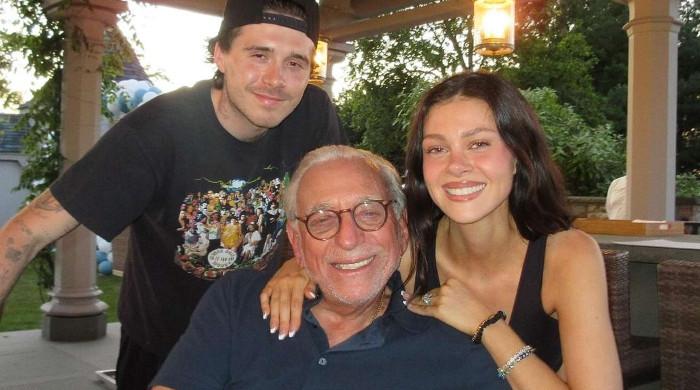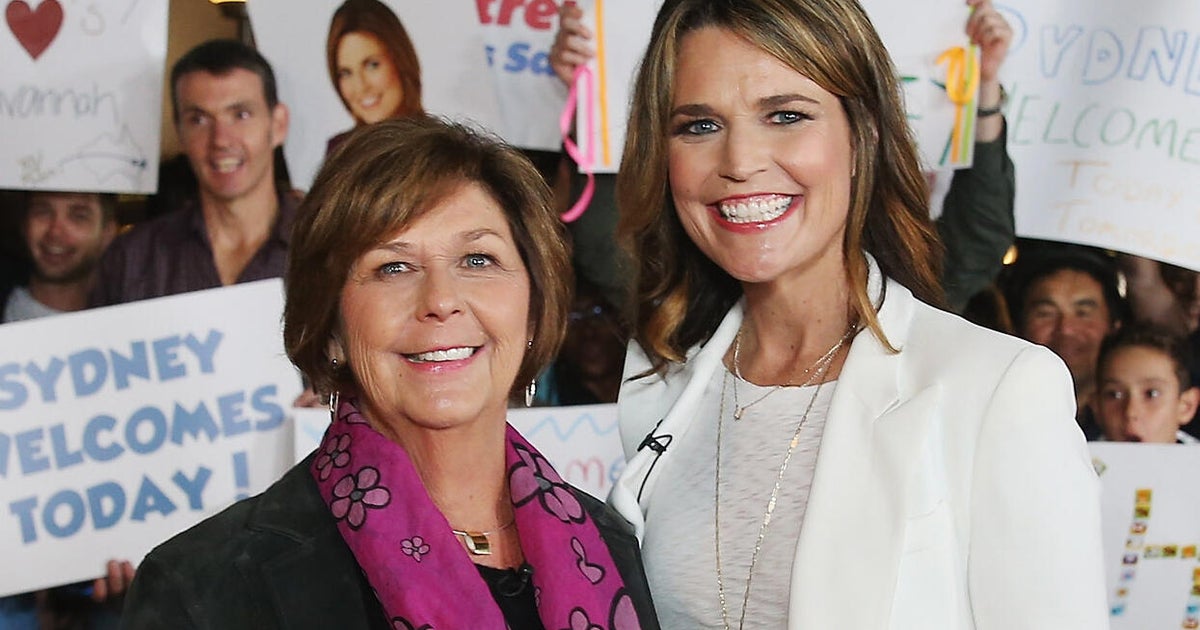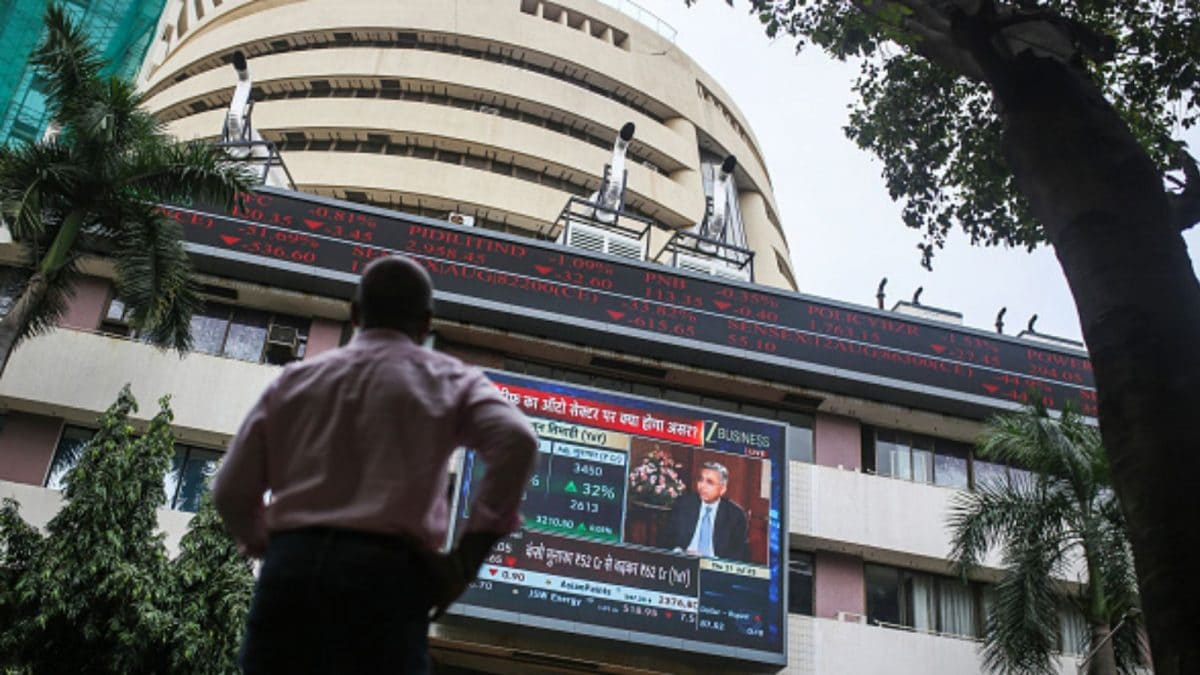Entertainment
Bill Gates’ daughter Phoebe splits from Paul McCartney’s grandson amid new love

Microsoft founder Bill Gates’s youngest daughter, Phoebe Gates, parted ways from Paul McCartney’s grandson Arthur Donald after a year of dating.
As per a recent report by People, published on September 5, the 22-year-old businesswoman and the 26-year-old grandson of Beatles legend have broken up as Phoebe confirmed “amazing” new romance with mystery man, who “doesn’t have an Instagram.”
This came after Phoebe revealed several details about her new man she is dating currently, during this week’s episode of her podcast The Burnouts, which she hosts with Sophia Kanni.
“It’s amazing. It’s the best thing ever. And this is completely new for me. I’ve never been with someone like this,” Phoebe gushed over her new fling.
Notably, Phoebe also removed all the pictures she shared with Arthur on her Instagram account.
In the podcast, Phoebe shared no further details but revealed her new beau loves to hear about her business ventures and she shows him all the videos she makes for her new AI tool made shopping, Phia.
“I’m like, ‘Okay, well, sit on down, bud. Let me show you the new video that we just dropped on the Phia account,” she said, adding: “You’re going to sit here, and you’re going to watch it.’ And he’s like, ‘Okay,'” she told Sophia.
For the unversed, Phoebe made her romance public with Donald back in January 2024 after sparking dating rumors in October 2023.
Entertainment
Nelson Peltz offers his stance amid Brooklyn Beckham’s bombshell claims

Nicola Peltz’s billionaire father, Nelson, has weighed in on the Beckham feud.
Nelson’s son-in-law Brooklyn, 26, released a bombshell statement last week in which he criticised his parents, Sir David 51, and Lady Victoria Beckham 50, and accused them of mistreating his wife, 30.
Now, the business magnate, 83, who was previously reported to give his daughter $1 million a-month allowance spoke about the family drama during a Q and A at WSJD’s Invest Live in West Beach event on Tuesday.
Nelson said: ‘My daughter and the Beckhams are a whole other story and that’s not for coverage here today. But I’ll tell you my daughter is great, my son-in-law Brooklyn is great and I look forward to them having a long, happy marriage together.’
Nelson was also asked if he gave the couple advice in how to navigate a difficult situation.
He replied: ‘I do. Sometimes they give me advice.’
For context, Nicola’s father is a businessman with an estimated net worth of $1.6billion, compared with the Beckhams’ reported $680million.
Meanwhile, Brooklyn’s family have maintained silence since the aspiring chef penned his frustrations about his parents, sharing his reasons for cutting ties with them.
Brooklyn’s parents Sir David and Victoria and his siblings Romeo, 23, Cruz, 20, and Harper, 14, instead put on their own show of unity at Haute Couture Fashion Week last week.
Entertainment
Sheriff says ransom note being investigated in disappearance of Nancy Guthrie, Savannah Guthrie’s mother

A ransom note was sent to a local Arizona news station following the disappearance of “Today” show co-host Savannah Guthrie’s mother, Nancy Guthrie, the Pima County sheriff told CBS News.
The note, which the station received Monday and agreed not to report on, contained specific details about the home and what Nancy Guthrie was wearing that night, Pima County Sheriff Chris Nanos said, although he would not confirm the accuracy of that information or the legitimacy of the note.
“It’s like any piece of evidence,” Nanos told CBS News. “You give it to us, you give us a lead, we’re going to look at every aspect of that lead.”
Nanos did not specify which station the note was sent to, but CBS affiliate KOLD-TV reported Tuesday it had received an email that “appears to be one of the alleged ransom notes,” which it forwarded to the sheriff’s office.
Investigators have analyzed the note and are taking it seriously, Nanos said.
He said the FBI reviewed the note and made the decision to share it with Savannah Guthrie. Authorities had hoped to keep the information from becoming public, but the note was obtained by TMZ, which reported on it before contacting the sheriff’s office, Nanos said.
The Pima County Sheriff’s Department had earlier said on social media it was aware of “reports circulating about possible ransom note(s),” adding, “Anything that comes in, goes directly to our detectives who are coordinating with the FBI.”
Surveillance video from a home security system has yielded nothing so far, Nanos told CBS News. He said investigators believe the system may have been set to automatically delete footage after a short period of time, and they are now attempting to recover it through forensic means.
Nanos previously told CBS News that investigators believe the 84-year-old was abducted from her home in the middle of the night over the weekend, and he described it as “a crime scene.” Authorities have been searching for her since Sunday.
Nancy Guthrie was last seen at her home Saturday night, but no one knew she was missing until she didn’t show up for church the next morning, Nanos said.
The sheriff has repeatedly said Guthrie, who lives alone, could not have wandered away from her home because she has no cognitive issues and very limited mobility.
He also expressed concern that she needs access medication that she must take daily, telling CBS News, “The clock is literally ticking.”
“You’ve placed her in great jeopardy without giving her meds that are critical to her,” Nanos said. “Again, like I’ve said, could be fatal if she doesn’t get those meds.”
The sheriff has said it’s unclear how many people may have been involved in the apparent abduction.
“It could be one, it could’ve been more, I don’t know,” he said.
A little bit of blood was found inside Nancy Guthrie’s Tucson home, a law enforcement source familiar with the case told CBS News, and what appeared to be a small amount of dried blood was seen next to a doormat outside the front door of the home on Tuesday.
Entertainment
Christian Bale reflects on Frankenstein’s transformation in ‘The Bride!’

Christian Bale has opened up about the intense physical and emotional demands behind his transformation into Frankenstein’s monster for The Bride!, revealing that the process pushed him to some unusual coping methods just to get through the day.
In an interview with Entertainment Weekly, the actor said he spent six hours a day in the makeup chair while working on the film, a reimagining of the 1935 classic Bride of Frankenstein directed by Maggie Gyllenhaal.
Bale stars opposite Jessie Buckley, who plays the Bride and spent around an hour and a half in makeup for her own transformation.
Reflecting on the gruelling routine, Bale admitted the long hours of enforced stillness took a toll.
“I would scream like crazy, every day. Just to [release the] despair, all of that restraint that you have to display when you’re sitting still for that long,” he said, explaining how he stopped himself “from going insane” during the process.
Those screams, however, were carefully timed.
Bale said he avoided doing it on the way to work, worried it might distract him behind the wheel, and ruled out screaming alone because it could easily be misunderstood.
Instead, what began as a private release gradually became a shared ritual on set.
“Oh man, I’m telling you, the whole crew got involved by the end because people would hear us screaming,” Bale said.
“We would open the doors, and gradually, a bit like the Bride’s revolution, a few people were going, ‘Can we do it too?’ And then by the end, there were like 30 people who would hear us and run to the makeup trailer to be a part of it and scream as well.”
The role adds another extreme chapter to Bale’s long history of physical transformations.
Over the years, he has become known for radically altering his body for characters, from bulking up on a strict protein-heavy diet for American Psycho to shedding 60 pounds over four months to reach 120 pounds for The Mechanist.
For that film, his daily intake reportedly consisted of “water, an apple, and one cup of coffee per day.”
Not long after, Bale went in the opposite direction, gaining around 100 pounds of muscle in just six months to play Bruce Wayne in Christopher Nolan’s Batman Begins, cementing his reputation for total physical commitment.
The Bride! is set to open in cinemas on 6 March, distributed by Warner Bros.
-

 Sports1 week ago
Sports1 week agoPSL 11: Local players’ category renewals unveiled ahead of auction
-

 Entertainment1 week ago
Entertainment1 week agoClaire Danes reveals how she reacted to pregnancy at 44
-

 Sports1 week ago
Sports1 week agoCollege football’s top 100 games of the 2025 season
-

 Business1 week ago
Business1 week agoBanking services disrupted as bank employees go on nationwide strike demanding five-day work week
-

 Politics1 week ago
Politics1 week agoTrump vows to ‘de-escalate’ after Minneapolis shootings
-

 Sports1 week ago
Sports1 week agoTammy Abraham joins Aston Villa 1 day after Besiktas transfer
-

 Tech1 week ago
Tech1 week agoBrighten Your Darkest Time (of Year) With This Smart Home Upgrade
-

 Entertainment1 week ago
Entertainment1 week agoK-Pop star Rosé to appear in special podcast before Grammy’s






